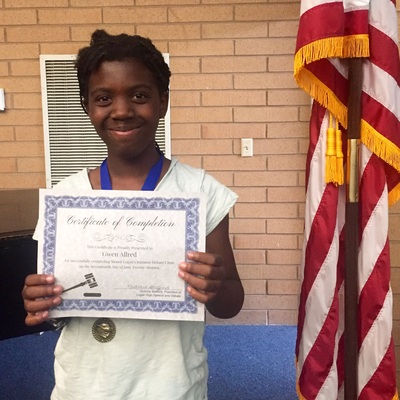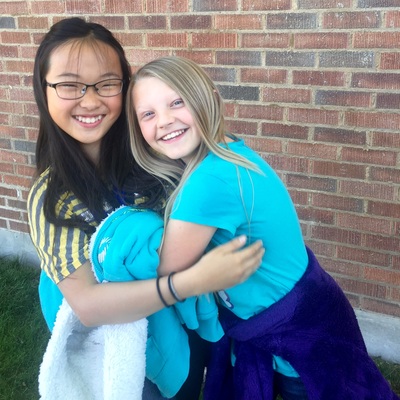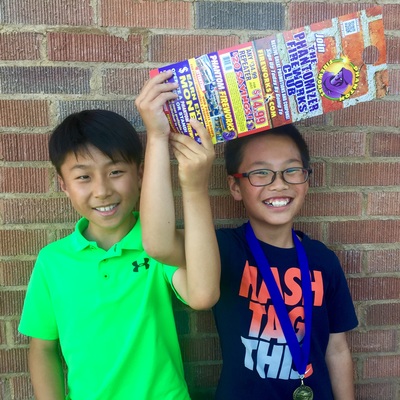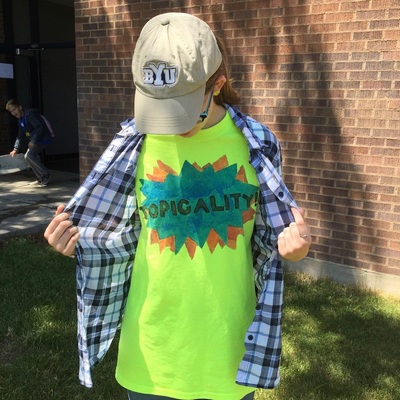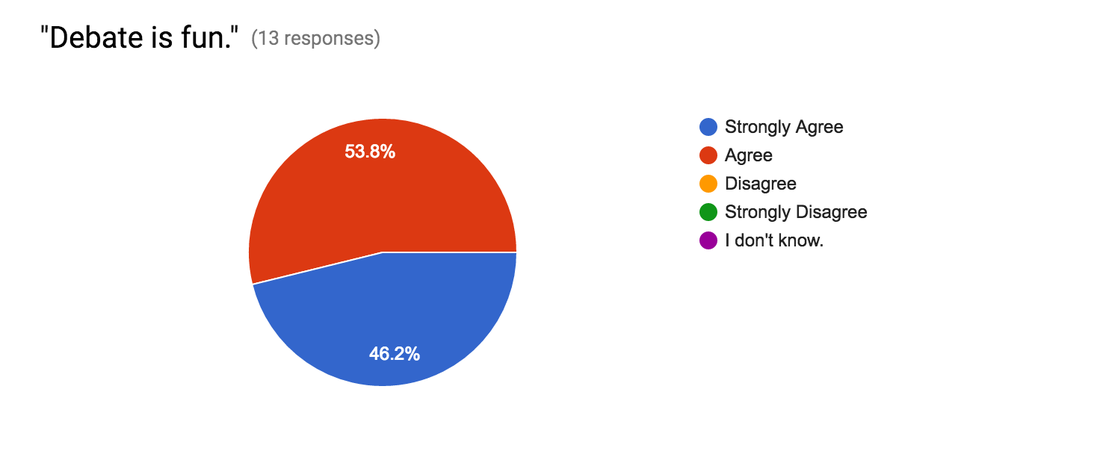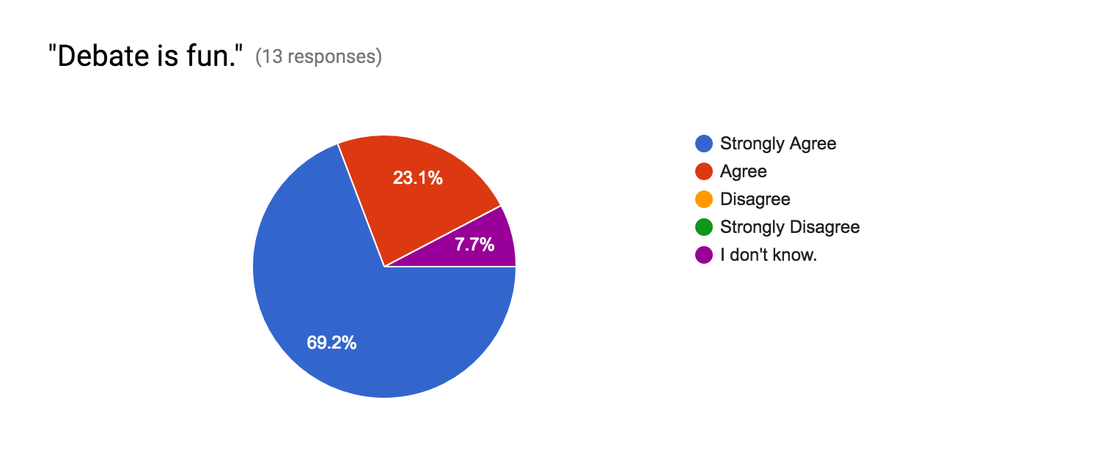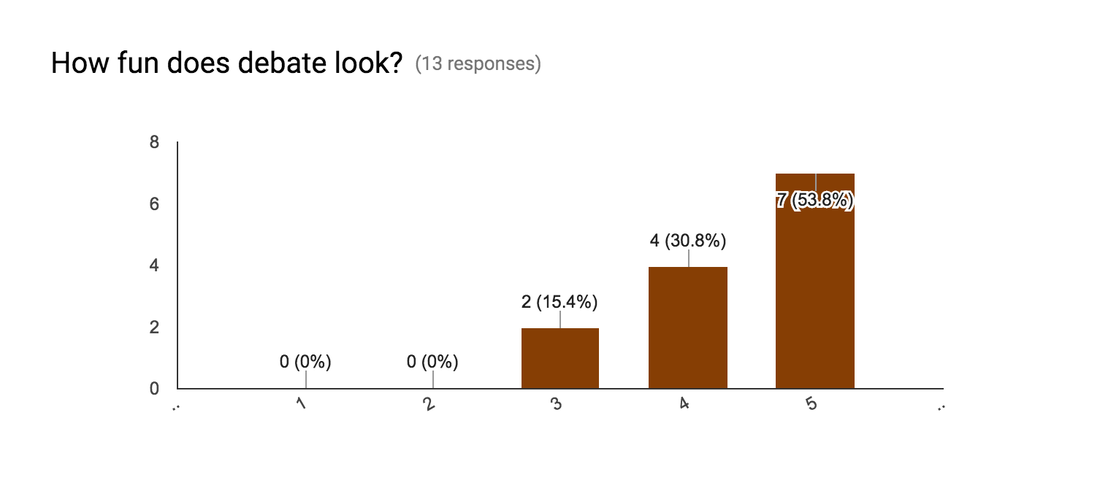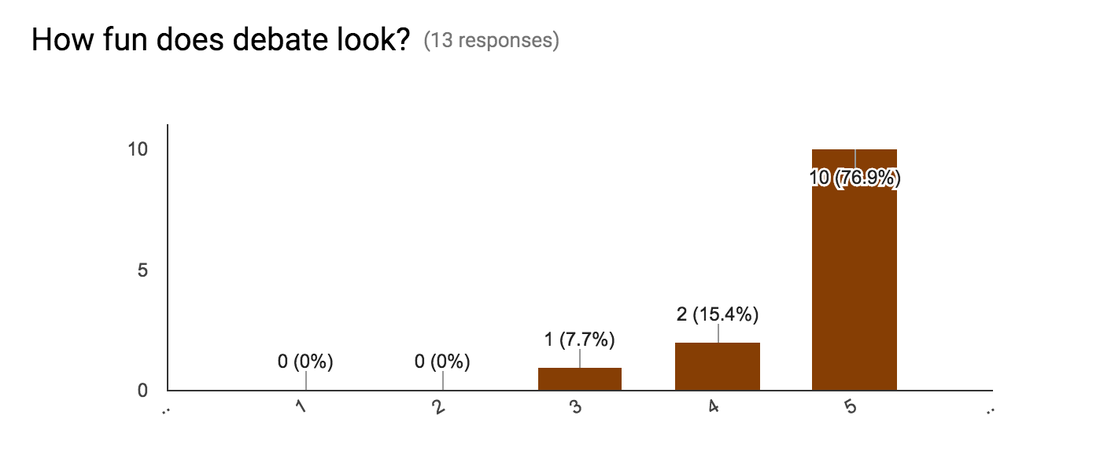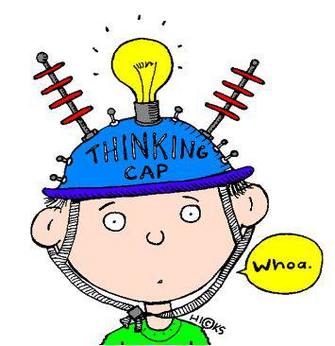The Debate Guru's Summer Policy Clinic
Courtesy of Haley Stafford
Our Story
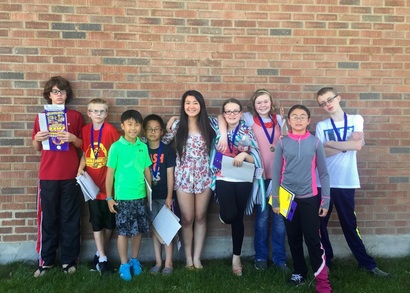
During my sophomore year, the Logan High debate team faced a crisis: our program was on the verge of being cut completely due to a severe lack of school funding. Miraculously, our program survived, but only barely, forcing students to compete without proper coaching or financial support. As a result, the brunt of the costs of preparing for events, traveling to other cities, and competing in tournaments has fallen on the shoulders of students who do not always have the financial means to do so. Often times, these high costs have turned some of the brightest students away from our program.
This is not a localized problem. Middle school and high school debate programs have too often found themselves either first on the chopping block when it comes to school funding, and/or predominantly reliant on the admirable but limited efforts and abilities of students and their parents. To me, knowing how much debate has impacted my life in the most positive way, it is an absolute shame that students are denied the opportunity to learn about and fall in love with such an amazing and useful activity.
This is not a localized problem. Middle school and high school debate programs have too often found themselves either first on the chopping block when it comes to school funding, and/or predominantly reliant on the admirable but limited efforts and abilities of students and their parents. To me, knowing how much debate has impacted my life in the most positive way, it is an absolute shame that students are denied the opportunity to learn about and fall in love with such an amazing and useful activity.
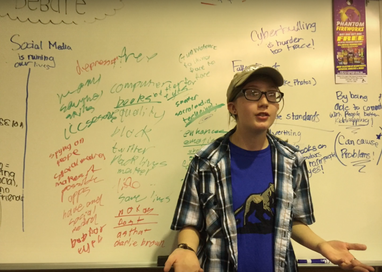
Considering these barriers, I simply felt like I should do anything I could to encourage others to experience this activity as well. So this year, when I heard about the various summer programs happening at the local middle school, I wondered, "Why not debate?"
From there, I got in contact with the middle school debate coaches and started planning two five-day clinics offered to any student interested in learning the basics of speech and argumentation. Hosted at Mount Logan Middle School, the clinics included interactive seminars, daily activities related to key topics in public speaking, evidence files under the resolution of the upcoming season, demo debates and performances, and lunch each day -- free of charge.
From there, I got in contact with the middle school debate coaches and started planning two five-day clinics offered to any student interested in learning the basics of speech and argumentation. Hosted at Mount Logan Middle School, the clinics included interactive seminars, daily activities related to key topics in public speaking, evidence files under the resolution of the upcoming season, demo debates and performances, and lunch each day -- free of charge.
The Clinic Experience
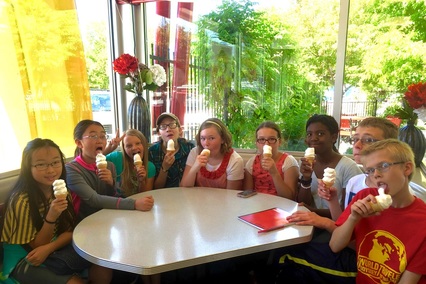
I learned the different kinds of debate and how to do many debate-related tasks.
It was very helpful to me.
-Aiyina Meng, age 11
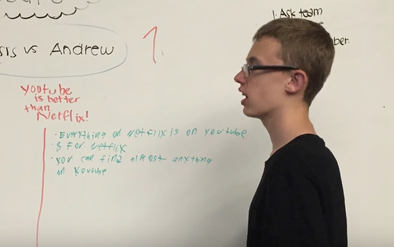
I learned that speech is really important in everything you do. [The clinic] was
awesome and fun.
-Kaylee Koberstein, age 13
Objectives and Results
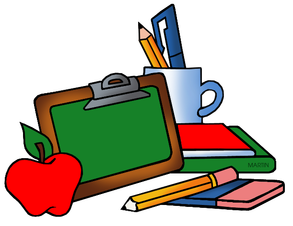
To measure the impact of the students' participation in this clinic, a survey was administered before and after the clinic. The survey covered three main issues: students' impressions about debate as an activity, students' confidence in improving their debate and speech skills, and lastly, how much content they retained from the week's lessons.
I. Changing Students' Perspectives about Debate
Typically, there is a stigma that debate is an anti-social activity that is strictly for boring people who spend their nights home alone in their basement researching constantly. The first objective of this clinic was to show students that debate is actually a fun and engaging activity with a vibrant social scene. This was done through encouraging collaborative work on traditionally "boring" activities, like researching and preparing presentations, and providing opportunities for students to bond with each other by participating in games aimed to strengthen their speaking and argumentation skills.
To gauge a change in students' perceptions of debate as an activity, students were asked whether or not they agreed with the following statement: "Debate is fun." Below is a graphical representation of the data collected:
I. Changing Students' Perspectives about Debate
Typically, there is a stigma that debate is an anti-social activity that is strictly for boring people who spend their nights home alone in their basement researching constantly. The first objective of this clinic was to show students that debate is actually a fun and engaging activity with a vibrant social scene. This was done through encouraging collaborative work on traditionally "boring" activities, like researching and preparing presentations, and providing opportunities for students to bond with each other by participating in games aimed to strengthen their speaking and argumentation skills.
To gauge a change in students' perceptions of debate as an activity, students were asked whether or not they agreed with the following statement: "Debate is fun." Below is a graphical representation of the data collected:
In addition, students were prompted to answer the question, "How fun does debate look?" Students responded using a five-point scale, with 1 representing the most negative feedback (not fun at all) and 5 representing the most positive feedback (super fun). Below is a graphical representation of the data collected:

Lastly, according to the results of the post-clinic survey, 84.6% of participants believed that the clinic made debating a fun experience.
II. Boosting Self-Confidence in Students' Abilities and Potential
Many times, students can feel overwhelmed or intimidated by the level of work that goes into debating. While it is a great deal of work, students should never feel too inadequate to achieve their debate-related goals. A second objective of this project was to increase students' confidence in their ability to debate and do debate-related tasks, as well as increase their confidence to improve on those skills in the future. Students were asked a series of questions before and after the clinic self-assessing their ability to present comfortably in front of a crowd, conduct research, and their awareness about global politics (specifically U.S.-China relations) both before and after the clinic.
II. Boosting Self-Confidence in Students' Abilities and Potential
Many times, students can feel overwhelmed or intimidated by the level of work that goes into debating. While it is a great deal of work, students should never feel too inadequate to achieve their debate-related goals. A second objective of this project was to increase students' confidence in their ability to debate and do debate-related tasks, as well as increase their confidence to improve on those skills in the future. Students were asked a series of questions before and after the clinic self-assessing their ability to present comfortably in front of a crowd, conduct research, and their awareness about global politics (specifically U.S.-China relations) both before and after the clinic.
In addition, students were asked if they believed that the clinic played a significant role in their personal progress in developing the aforementioned abilities that week. According to the post-clinic survey, 69.2% of participants believed that the clinic helped them become more comfortable presenting in front of crowds, 69.2% believed that the clinic helped them develop their researching skills, 84.6% believed that the clinic increased their knowledge about U.S.-China relations, and 50% believed the clinic made them more comfortable with using Google Drive.
Lastly, students were questioned how confident they were in their ability to improve on speech and debate-related skills in the future. Questions were presented as statements ("I believe I can ___.") that students evaluated on a scale from 1-5, 1 representing the strongest disagreement with the statement and 5 representing the strongest agreement. The general trend in our results was an increased self-confidence in students regarding their ability to be successful in speech and debate.
Lastly, students were questioned how confident they were in their ability to improve on speech and debate-related skills in the future. Questions were presented as statements ("I believe I can ___.") that students evaluated on a scale from 1-5, 1 representing the strongest disagreement with the statement and 5 representing the strongest agreement. The general trend in our results was an increased self-confidence in students regarding their ability to be successful in speech and debate.
|
III. Measuring Growth in Content-based Knowledge
As previously mentioned, a severe lack of funding for debate programs often leaves students with insufficient resources to learn about the formalities of a competitive debate space. The third objective of this clinic was to teach students about the most basic, fundamental parts of policy debate. This was done through a series of lectures and seminars covering much of the content on this website, including the format of a round, the types of arguments in policy debate, and resolution-specific discussions. Surveys included identical 8-question multiple-choice pre- and post-tests. We saw a significant improvement in scores from the first sitting of the test to the second. |
IV. Conclusion
Based on the survey results, we can conclude that the objectives for this clinic were met. We've seen a significant positive change in perspectives about debate, a general boost of self-confidence instilled in students, and an increased knowledge of the fundamentals of policy debate.
